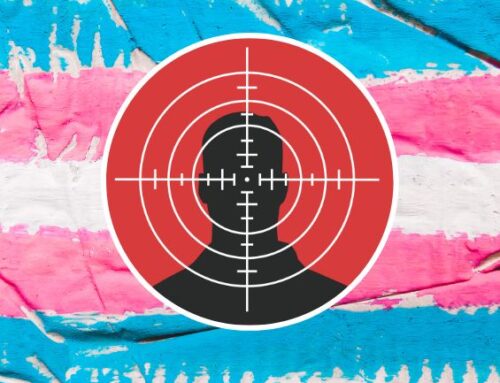Last month, Ri Kwang-chol, a doctor and defector from North Korea, addressed a human rights panel and stated that the Democratic People’s Republic of Korea (DPRK) has no people with physical disabilities because they are killed almost as soon as they are born.
Kwang-chol claimed that babies born with physical disabilities were killed in infancy in hospitals or at home and quickly buried and that this eugenic practice was encouraged by the government to eliminate those who are deemed “different.”
The DPRK has a long and sordid list of human rights violations, which include extrajudicial killings, torture, religious persecution, denials of freedom of speech, press, assembly and association, the punishment of repatriated refugees, as well as forced abortions and infanticide in prisons. This latest accusation hardly comes as a surprise.
North Korea is a party to no less than four major international human rights treaties, such as the International Covenant on Civil and Political Rights and the International Covenant on Economic and Social Rights. In June 2003, the DPRK government adopted a decree on the protection of persons with disabilities. The DPRK decree outlines principles such as protection, respect, rehabilitation, access to health care and education of persons with disabilities.
However, many critics of the regime assert that in practice, the DPRK does not uphold the principles outlined in the decree. The following are excerpts from a document released by the U.S. Bureau of Democracy, Human Rights and Labour on the human rights situation in North Korea:
· “The UN Committee on the Rights of the Child has repeatedly expressed concern over de facto discrimination against children with disabilities and the insufficient measures taken by the state to ensure these children had effective access to health, education, and social services and to facilitate their full integration into society.”
· “Traditional social norms condone discrimination against person with physical disabilities. Although veterans with disabilities were treated well, other persons with physical and mental disabilities have been sent out of Pyongyang into internal exile. The government passed a law in 2003 on the protection of persons with disabilities, ensuring equal access for persons with disabilities to public services; however, implementing legislation has not been passed.”
The international community has repeatedly spoken out against the totalitarian regime. Since 2003, the U.N. Commission on Human Rights has passed resolutions at its annual sessions chastising North Korea for its flagrant human rights violations. In 2005, the General Assembly adopted its own resolution regarding the grave human rights situation in North Korea. Through the GA resolution, the international community at the UN expressed its serious concern at the DPRK’s ongoing human rights abuses and urged that North Korea uphold its international obligations to protect the rights of its citizens.
Disturbingly, forced abortion and infanticide are highlighted in all of the UN reports and resolutions against North Korea. For example, paragraph 1 iv) of the GA resolution expresses concern at the “continuing violation of the human rights and fundamental freedoms of women, in particular the trafficking of women for the purpose of prostitution or forced marriage, forced abortions and infanticide of children of repatriated mothers, including in police detention centres and camps.”
The DPRK has issued blanket denials of all allegations of human rights abuses, citing them “as nothing but fabrications uttered, under forced scenario, by a handful of traitors.”
Upon the adoption of the GA resolution, Elizabeth Batha, the International Advocate for Christian Solidarity Worldwide, a human rights organization specializing in the promotion of religious freedom, stated: “CSW welcomes this step by the international community to recognize the seriousness of the human rights concerns in North Korea. It is one of the most serious violators of human rights in the world and we cannot turn a blind eye to the excessive suffering being inflicted upon the country’s population … North Korea has placed itself in this position of censure by persistently refusing to co-operate with the UN, thus propelling this issue into the General Assembly. North Korea should take seriously the unprecedented level of this broad censure by the full international community and invest its efforts in attacking the problems, rather than the international community for recognizing them.”




